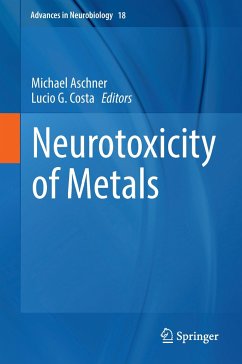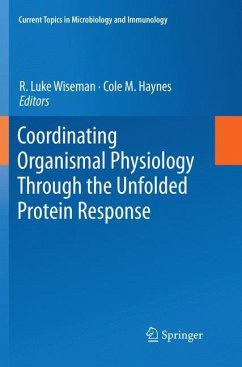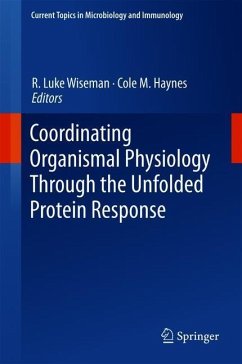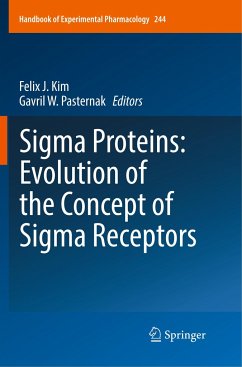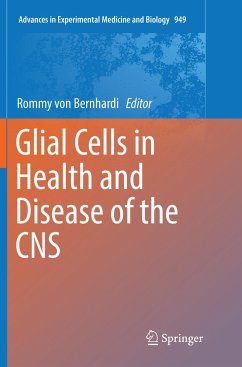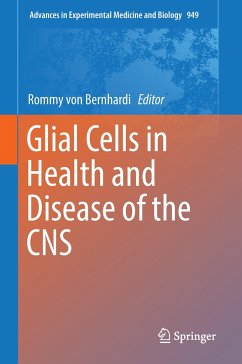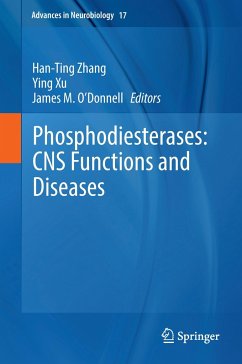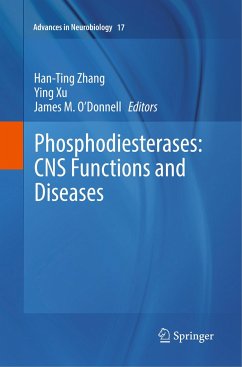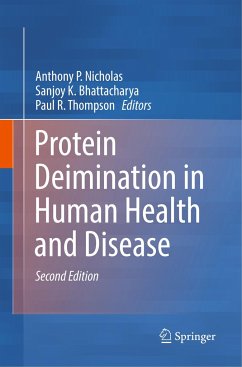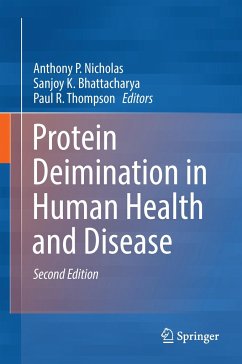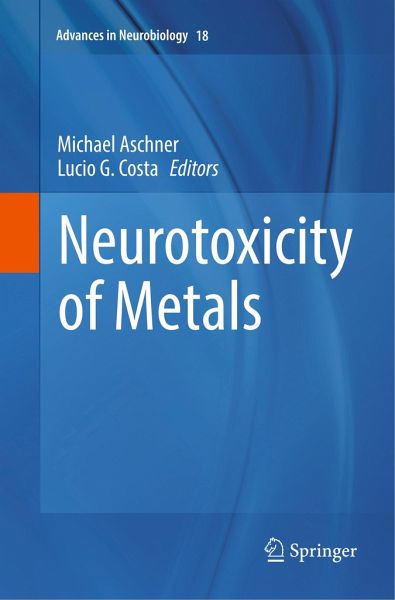
Neurotoxicity of Metals
Versandkostenfrei!
Versandfertig in 6-10 Tagen
113,99 €
inkl. MwSt.

PAYBACK Punkte
57 °P sammeln!
Assembles international authorities to address contemporary research in metal neurotoxicity. Essential and non-essential metals play an important role in neurodevelopmental and neurodegenerative diseases. Recent developments in understanding the role of metals in the etiology of these disorders have led to rapid growth in clarifying the pathology of some of the most devastating diseases we face and in identifying potential new therapies. Few books or periodicals have been wholly dedicated to the topic of metals, and this collection is intended to serve as a resource for all researchers interes...
Assembles international authorities to address contemporary research in metal neurotoxicity. Essential and non-essential metals play an important role in neurodevelopmental and neurodegenerative diseases. Recent developments in understanding the role of metals in the etiology of these disorders have led to rapid growth in clarifying the pathology of some of the most devastating diseases we face and in identifying potential new therapies. Few books or periodicals have been wholly dedicated to the topic of metals, and this collection is intended to serve as a resource for all researchers interested in metals and their role in health and disease.



